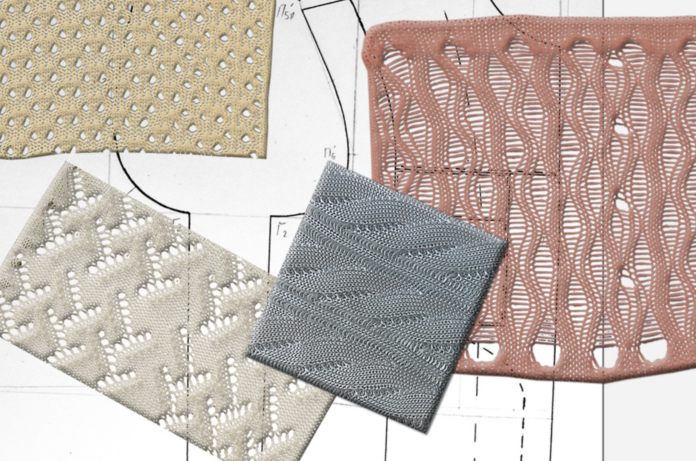The stuff of plastic wrap and grocery bags, polyethylene is thin and lightweight, and could keep you cooler than most textiles because it lets heat through rather than trapping it in. But polyethylene would also lock in water and sweat, as it’s unable to draw away and evaporate moisture. This antiwicking property has been a major deterrent to polyethylene’s adoption as a wearable textile.
They have also calculated the ecological footprint that polyethylene would have if it were produced and used as a textile. Counter to most assumptions, they estimate that polyethylene fabrics may have a smaller environmental impact over their life cycle than cotton and nylon textiles.
“Once someone throws a plastic bag in the ocean, that’s a problem. But those bags could easily be recycled, and if you can make polyethylene into a sneaker or a hoodie, it would make economic sense to pick up these bags and recycle them,” says Svetlana Boriskina, a research scientist in MIT’s Department of Mechanical Engineering.
They started with polyethylene in its raw powder form and used standard textile manufacturing equipment to melt and extrude polyethylene into thin fibers, similar to turning out strands of spaghetti. Surprisingly, they found that this extrusion process slightly oxidized the material, changing the fiber’s surface energy so that polyethylene became weakly hydrophilic, and able to attract water molecules to its surface.
The team also found a way to incorporate color into the polyethylene fabrics, which has been a challenge, again due to the material’s resistance to binding with other molecules, including traditional inks and dyes. The researchers added colored particles into the powdered polyethylene before extruding the material into fiber form. In this way, particles were encapsulated within the fibers, successfully imparting color to them.
Analysis
This is an amazing concept and I hope that it is spread widely in the future. Being able to recycle plastics would be so much better for the carbon footprint of making fabrics and plastics. This project includes many different things like chairs that may need cushions, or dividers to make different spaces that could be made from fabric. The process of turning plastics into fabrics like this article says may not be feasible for me in this moment, but the idea can definitely be used.




